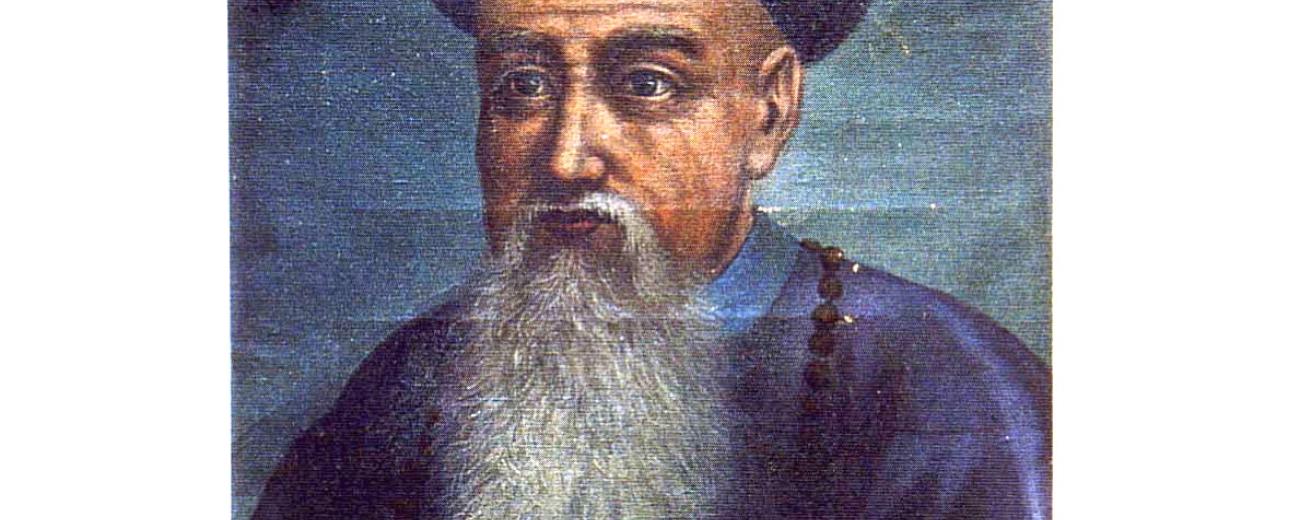
The role of Teodorico Pedrini (1671-1746) in the loss of the mission to China

Key information
- Date
- Time
-
5:00 pm
- Venue
- Russell Square: College Buildings
- Room
- RB01
About this event
In recent years the Lazzarist, Teodorico Pedrini (1671-1746) has attracted considerable attention for his transmission of European music to China.
His Sonate a Violino solo col basso still survives in the National Library of China and other works were known to have been composed specifically for the Kangxi emperor who commissioned him to write a treatise on Western music, Lülü zhengyi.
Fascinating as this might be, it pales into insignificance besides his position in the denouement of the Chinese Rites Controversy which consumed Catholic Europe in the 17th and 18th centuries. According to a fellow missionary in Beijing, it was Pedrini personally who was responsible for the 'ruin' of the mission to China, an accusation that has resonated down the centuries even to the present day. This had centred on the Jesuits' refusal to accept the 1704 papal condemnation of the Chinese Rites to Confucius and the ancestors, the 'accommodation' of which was fundamental to their missionary endeavour. As a faithful servant of Propaganda Fide, Pedrini was duty bound to uphold the papal rulings and thus became the archetypal 'fall guy' on whom the Beijing Fathers unleashed the full force of their fury.
In an effort to silence him, they imprisoned him in appalling conditions in the house of the French Jesuits for a period spanning three years, only to be released in 1723 on the express orders of the new Yongzheng emperor. In reality, neither the papal decisions nor Pedrini's part in the controversy were significant factors in the proscription of the preaching of Christianity in 1724. Already in 1716 the Jesuits themselves had made the decision to cease to administer the sacraments. On his release from prison, Pedrini founded the Western Church (Xitang), this year celebrating its 300th anniversary, where he continued his evangelistic mission without intervention from the authorities.
This saga has hitherto been reported largely through Jesuit eyes but the discovery of almost 2000 pages of Pedrini's correspondence sent mainly to Rome casts an entirely new light not only on the bitter internecine rivalries between the religious orders in Beijing, but of their relationship with the Chinese court and its dealings with Europe.
Video recording
About the speaker
Peter Allsop was for many years a member of the Music Department at the University of Exeter, UK. After training as a violinist, he studied Music at London, Bologna and Oxford leading to a doctoral thesis on 17thcentury Italian insrumental music, a subject on which he has produced many books, articles and musical editions. While preparing a biography of Arcangelo Corelli for OUP, he discovered that Corelli's music was introduced to the Chinese court by an Italian musician/missionary, Teodrico Pedrini.
From 2007, in pursuit of this research which extended far beyond the merely musical, he became Professor in Historical Musicology and Performance Practice at the Central Conservatory of Music, Beijing and latterly at the China Conservatory of Music. The funding for this present book, Teodorico Pedrini and the Ruin of the Christian Mission to China (Cambridge Scholars Publishing, 2023) was provided by two substantial Leverhulme Research Fellowships and the Vincentian Studies Institute of DePaul University, Chicago.
Chair: Dr Lars Laamann, Department of History, SOAS University of London.
Registration
This event is open to the public and free to attend, however registration is required.
Please note that this seminar is taking place on campus and will not be recorded or live-streamed.
Organiser
Contact
- Email: sci@soas.ac.uk


